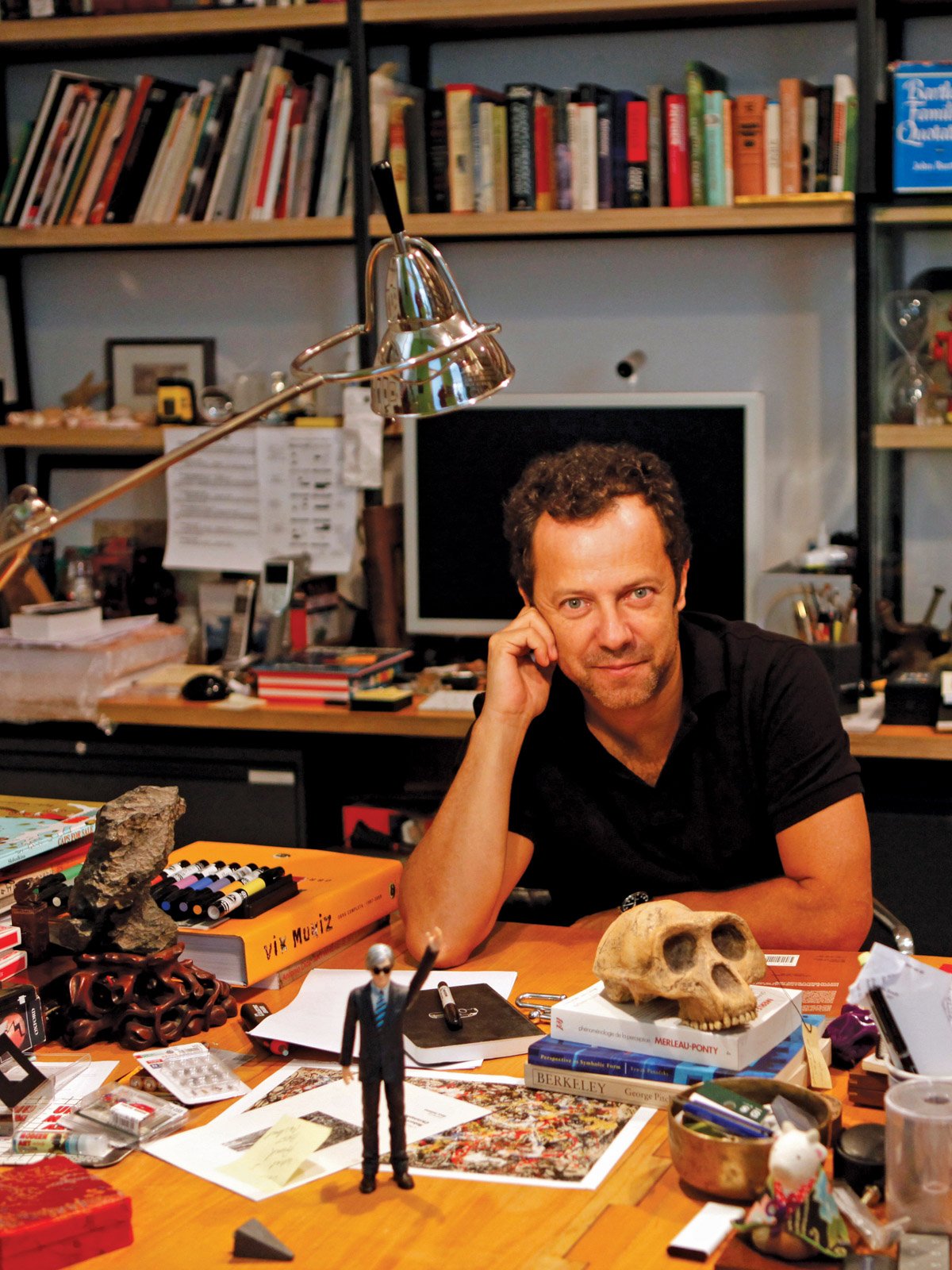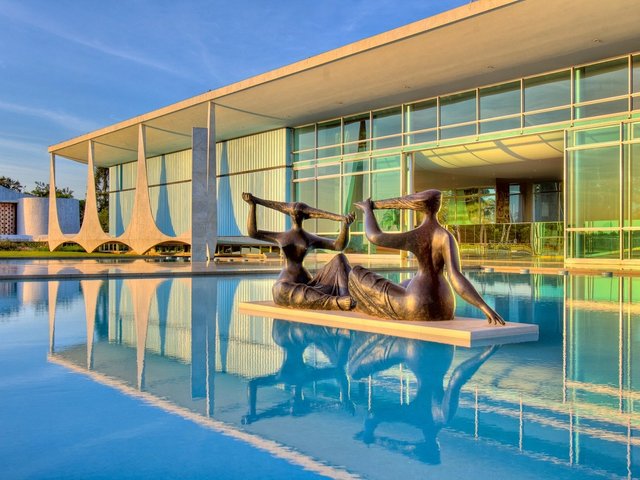Everyone I know, who is directly or indirectly involved in the cultural sector, seemed dumbfounded by the public response to the presidential election in Brazil, won by the hard-right candidate Jair Bolsonaro in October, especially by how it exposed that a great majority of voters equate investment in culture with fruitless expenditure. Artists, who traditionally regard themselves as spokespeople of the masses, watched in shock as these elections—in a gradual inversion of roles—pigeon-holed them as a parasitical, ignorant elite.
But it is not that difficult to understand where that feeling comes from and why the Brazilian cultural establishment is partly responsible for it. Over the past 12 years, benefiting from tax incentives, Brazil has significantly boosted its cultural production but has somehow failed to distribute it beyond its large urban centres and to a wider spectrum of society. As a result, a huge segment of the population who grew up on a culture diet consisting primarily of digital media finds it hard to understand why the government has to support an orchestra they never saw or a museum they never visited. The new government perfectly represents its voters in the sense that it is formed of politicians who have also never seen much use for a library or a museum.
With the already threatened dissolution of the Ministry of Culture, there couldn’t be much further interface between the new government and the art industry, and that is bound to aggravate things even more. Cultural production in Brazil is predominantly financed by a tax write-off incentive known as the Rouanet Law (named after its creator, the former culture secretary Sérgio Paulo Rouanet), that has been consistently demonised by right-wing propaganda. The dismantling of this legislation has been a priority of the fundamentalist evangelic caucus in congress as a way to neutralise the influence of artists, actors and musicians on the political stage.
Since it was passed in 1991, the Rouanet Law has funded a sizable expansion of the country’s culture output. But it is now in dire need of reform since only large companies such as banks, state-owned corporations and construction firms are able to afford to take advantage of its tax breaks. Any future debate will be completely biased, however, since the new government, in a political stunt, has already warned that it wants to rescind major provisions of the law. These changes predictably will not affect the banks or the large state companies that contribute heavily to political campaigns, but they will deal a devastating blow to the federally funded institutions that were already surviving on shoestring budgets and smaller cultural outlets that cannot live on ticket sales alone. With further cuts, the future of the country’s institutions becomes even more uncertain—including the rebuilding of our national museum—and the prospect of advancing the careers of emerging artists looks like an impossibility.
Losing an election fair and square also raises a lot of questions about the nature of our audience. The question now is who are we making art for? Should the creative class reach out to the people who voted against the Workers’ Party candidate Fernando Haddad, and now have to justify their choice, or should we stick by our socialist ideology and continue to preach to the converted?
I see a lot of well-intentioned but bad art being produced in the very near futureVik Muniz
This is a valuable opportunity for the creative class to re-access its relationship with its public and connect to it in a franker and less patronising way. We have made art exclusively for our peers for way too long. I think the wisest thing artists can do is to temporarily abandon the art world and take this opportunity to revise their connections with a surprisingly fast-changing audience. One healthy way is to go local and personal. I have already found a great way to lick my wounds: working on a series of religious images to help a local Catholic daycare centre keep its doors open. I have spent a lifetime working with belief and faith, but this is my first opportunity to work in a church, which, by the way, is only 200m from my house.
When artists create work under a violently misogynistic, homophobic and racist leader, the temptation to use art as a political tool is tremendous. I foresee a lot of well-intentioned but bad art being produced in the very near future in response to what is happening here in Brazil. We should protest our grievances as citizens and use our talents instead to create a space where our plural reality can be openly discussed and challenged. Since arts education is also bound to be removed from school curricula, it is up to us to make people aware of the importance of culture. We should do it with art, not with politics.
• Vik Muniz is a Brazilian artist





